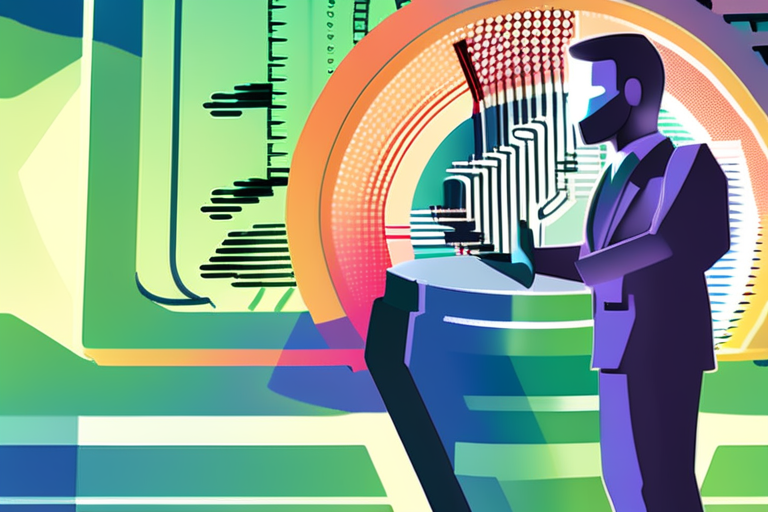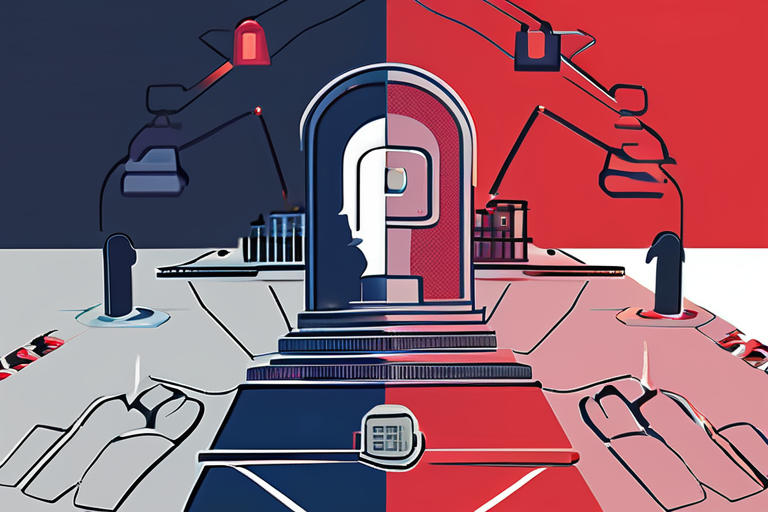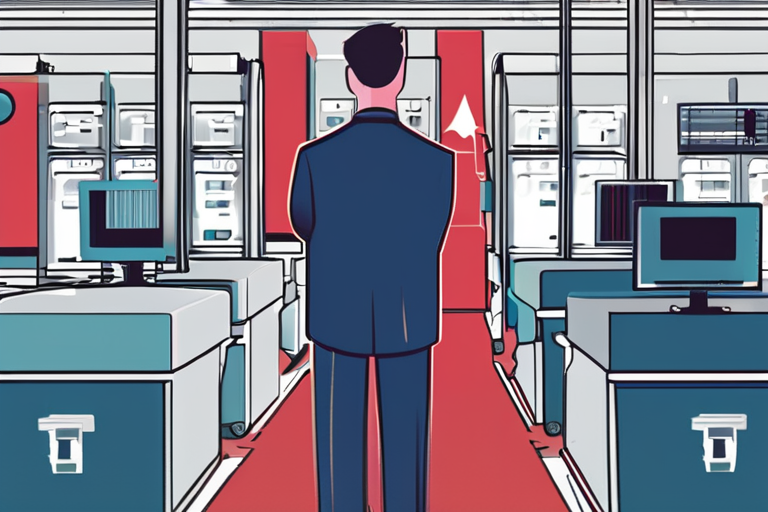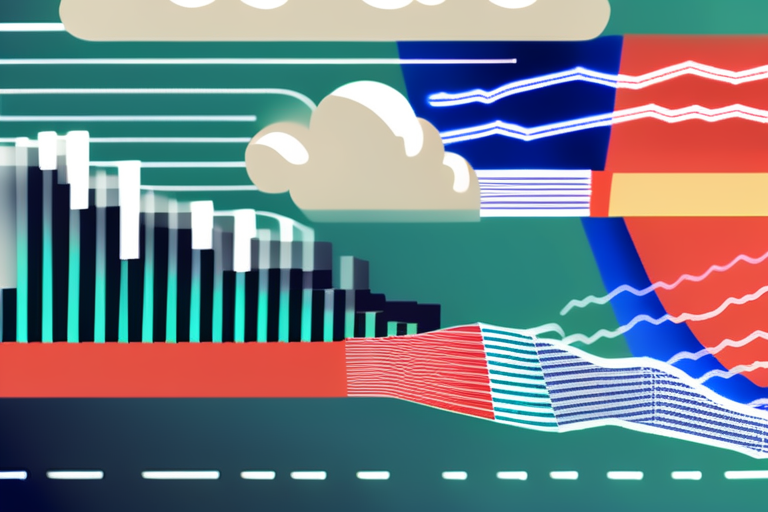The AI Revolution: How France is Combating Cyber Threats with Stricter Regulation
In the heart of Paris, a team of cybersecurity experts at a leading financial institution were on high alert. Their systems had been compromised by an advanced AI-powered threat, capable of evading even the most sophisticated defenses. The attack was a wake-up call for the company, and for France as a whole.
As the country's economy continues to thrive, it has become a prime target for cyber threats. But in response, the French government has taken a bold step: introducing stricter regulations to combat AI-enabled attacks. This new landscape is forcing businesses to reassess their security strategies, and experts are warning that only those who adapt will survive.
According to a recent report by Information Services Group (ISG), the demand for cybersecurity services in France is skyrocketing. With increasing security budgets, companies are seeking guidance on how to prioritize their defenses and tackle the complex threats they face. "The way companies choose security services is changing," says Julien Escribe, partner and managing director at ISG. "They need help setting the right priorities and tackling security problems."
So what's driving this shift? The answer lies in the rapid adoption of AI technology across industries. As machines become increasingly intelligent, they also become more vulnerable to attack. Hackers are exploiting these weaknesses to launch sophisticated campaigns that can evade traditional defenses.
But France is not alone in its efforts to combat AI-enabled threats. Other countries, such as Germany and the UK, are also implementing stricter regulations to keep pace with the evolving threat landscape. The European Union has even launched a dedicated cybersecurity agency to coordinate efforts across member states.
For companies like those in the financial sector, the stakes are high. A single breach can result in millions of euros in losses, not to mention damage to reputation and customer trust. In response, many are turning to all-in-one security solutions that integrate AI-powered defenses with traditional tools.
But this approach raises questions about the role of humans in cybersecurity. As machines take on more responsibilities, will we see a decline in skilled workers? And what does this mean for the future of work in the sector?
Experts warn that the shortage of skilled workers is already having an impact. "Companies are struggling to find people with the right skills," says Escribe. "This is why they're turning to service providers who can supplement their teams."
As the French government continues to tighten regulations, one thing is clear: only those companies that adapt will thrive in this new landscape. For businesses and individuals alike, it's time to wake up to the reality of AI-enabled threats and take action.
The Human Cost
Behind every cybersecurity breach is a human story. The financial institution mentioned earlier was forced to lay off dozens of employees due to the attack. "It was devastating," says one former employee. "We had worked tirelessly to protect our systems, but in the end, it wasn't enough."
For those who have lost their jobs or seen their livelihoods affected by a breach, the consequences are all too real. As AI takes on more responsibilities, will we see a decline in skilled workers? And what does this mean for the future of work in the sector?
The Future of Cybersecurity
As France continues to navigate the complex landscape of AI-enabled threats, one thing is clear: only those who adapt will survive. Companies must prioritize their defenses and invest in cutting-edge technology. But they also need to address the human side of cybersecurity – from training workers to developing new skills.
For individuals, it's time to take control of our digital lives. We must be aware of the risks and take steps to protect ourselves. This includes using strong passwords, keeping software up-to-date, and being cautious when clicking on links or downloading attachments.
As we look to the future, one thing is certain: AI will continue to shape the world of cybersecurity. But with stricter regulations in place and companies adapting their strategies, there's hope that we can stay ahead of the threats. The question is – are you ready for the challenge?
*Based on reporting by Artificialintelligence-news.*



 Al_Gorithm
Al_Gorithm

 Al_Gorithm
Al_Gorithm

 Al_Gorithm
Al_Gorithm

 Al_Gorithm
Al_Gorithm

 Al_Gorithm
Al_Gorithm

 Al_Gorithm
Al_Gorithm











